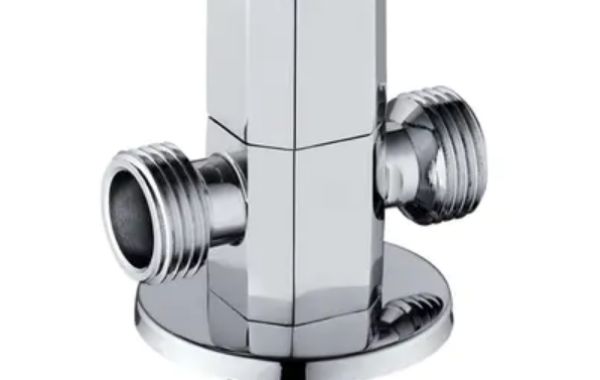Micro strainer filters are integral to maintaining the efficiency and reliability of industrial processes. These filters are designed to remove fine particles and contaminants from water, which is crucial in many industrial applications. Here, we explore the benefits of using micro strainer filters in industrial settings.
One of the primary benefits of micro strainer filters is their ability to protect sensitive equipment. In many industries, such as electronics manufacturing and pharmaceuticals, even small amounts of particulate matter can cause significant damage to machinery and affect product quality. By filtering out fine particles, micro strainer filters help prevent clogging and abrasion in equipment, thereby reducing maintenance costs and prolonging the lifespan of industrial machinery.
Another significant advantage of micro strainer filters is their role in ensuring product quality and safety. In the food and beverage industry, for example, water quality directly impacts the taste, safety, and shelf life of products. Micro strainer filters remove contaminants that could otherwise compromise the integrity of the final product. This is equally important in the pharmaceutical industry, where the purity of water used in drug manufacturing must meet stringent standards to ensure the safety and efficacy of medications.
Micro strainer filters also contribute to more efficient water use and environmental sustainability. By removing particles from process water, these filters enable the reuse of water within industrial plants. This reduces the overall water consumption and minimizes the discharge of contaminated water into the environment. Industries can thus operate more sustainably, meeting regulatory requirements and reducing their environmental footprint.
Additionally, micro strainer filters are beneficial in cooling systems, where clean water is essential for efficient heat exchange. Contaminants in cooling water can lead to fouling and scaling, which decreases the efficiency of heat exchangers and increases energy consumption. By ensuring the cleanliness of cooling water, micro strainer filters help maintain optimal system performance and reduce energy costs.
In conclusion, the use of micro strainer filters in industrial processes offers numerous benefits, including equipment protection, enhanced product quality, efficient water use, and improved cooling system performance. By incorporating these filters into their operations, industries can achieve higher efficiency, cost savings, and sustainability, ultimately leading to more reliable and effective processes.








